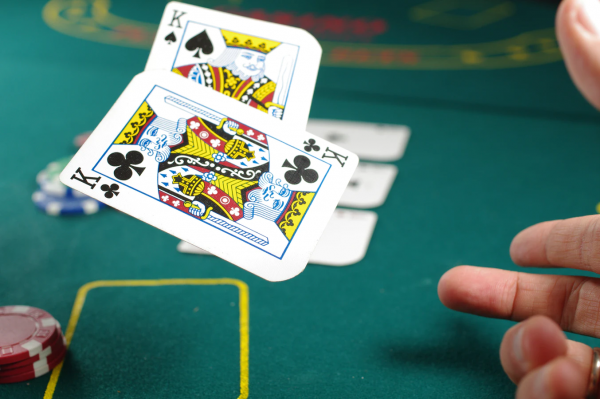SkyCity declares the business has been "encouraging"
Covid-19 left its trace on every field of the industry. Massive companies and enterprises have been shut down amid the fears of spreading the virus which has already killed over 400,000 people.
The casino industry is one of the major victims of the coronavirus. Prominent casino places are gradually reopening, but restrictions still remain. New Zealand is one of those countries, which closed its casinos in March, with SkyCity Entertainment Group being the chief representative of the industry.
However, on May 14 most casino venues in New Zealand were given the green light to operate after almost two-months closure. SkyCity reopened three casinos in Auckland, Hamilton, and Queenstown properties and it declared that the business has been promising since then.
It should be noted that the casinos currently are working under strict limitations and conditions, that significantly hamper people from attending the venues. The start was very slow - no wonder because the international borders are closed to major high-rollers around the world. It will steadily improve in the future.
The company declared that unless the restrictions on international travel are removed, it will "suffer" and gaming amenities will not operate to its full potential.
How does the gambling industry operate in New Zealand?
In general gambling in New Zealand is not legal, until the government authorizes a particular company, but the amount of online casinos in the country is increasing step by step. Playing real money slots online as well as poker, roulette, and other casino games are considered to be the most popular activity for online gamblers. The industry enjoys huge popularity not only within local citizens but also outside of the country.
The Gambling Commission is the main regulatory body for casinos in the country.
Massive sack of workers
Amid the hardship of the coronavirus, SkyCity announced it would sack almost 700 employees to mitigate the damages brought by Covid-19. It would focus more on the small environment, and CEO Graeme Stephens said that thousands of job places would still remain. He also hoped that a positive sign of growth would continue in the future.
SkyCity faced a major embarrassment recently, after applying to the Gambling Commission on a relaxing of the rule, by which a company must operate at least one gaming table. The Commission gave permission to function on an EGM-only basis temporarily.
Anti-gambling campaigners, however, expressed a massive outrage, who see EGM as an addictive activity, "hunting" on local citizens.
How did New Zealand deal with COVID?
New Zealand was able to cope with coronavirus in five weeks. Efficiency, strict quarantine, and large-scale testing were the secrets of success that most developed and wealthy countries could not realize.
As of June 8, the country has registered 1,504 confirmed cases of coronavirus infection and 22 deaths. For the past weeks, the country has had almost no case of infection.
On Monday, April 27, only one new case of infection was recorded across the country. In this regard, the government abolished the fourth level quarantine, which operated in the country since March 25. Prime Minister Jacinda Ardern declared the end of the period of self-isolation, the most severe restrictions in the modern history of the country.
Ashley Bloomfield, who is a New Zealand public official, declared that improving the epidemiological situation in the country gave the country confidence that the goal to defeat coronavirus had been achieved.
The country's Prime Minister noted that despite the visible successes in the fight against coronavirus, it was too early to relax. In New Zealand, there is a so-called four-level system of a threat to the safety and health of citizens, according to which the fourth level is the maximum threat. It was this very strict regime that operated in the country for five weeks.
What measures have the authorities taken?
The secret of New Zealand’s success is inefficiency, timeliness of measures, large-scale testing, and reliance on science, CNN points out. The country's Prime Minister said that decisive and timely measures helped to avoid the worst-case scenario.
On February 28, a patient zero was found in the country. Already on March 14, a mandatory two-week quarantine was introduced for all arrivals in the country, despite the fact that only six cases were detected in the country. On March 19, the prime minister introduced new restrictions - she closed the country on entry for foreigners, then there were 28 confirmed cases of the disease in the country. And already on March 23, general isolation was introduced in the country, all educational institutions were closed, the work of all enterprises was suspended, except for those that provide vital functions.
Almost all residents of the country supported this policy. According to a survey by Colmar Brunton, a research company, 87% of New Zealanders spoke in favor of extending the restrictions if necessary.
As for the reversal of large-scale testing, New Zealand has achieved obvious success. With a population of 4 million people in the country, testing expanded to 8,000 samples per day.
The head of the Beijing Bureau of the Washington Post, Anna Fifield, wrote that the New Zealand government was ahead of the curve.
Michael Baker, professor of epidemiology at the University of Otago, pointed out that New Zealand's success was due to a combination of quality science and brilliant leadership. And the examples of the cases in other countries gave us obvious proof about that.















